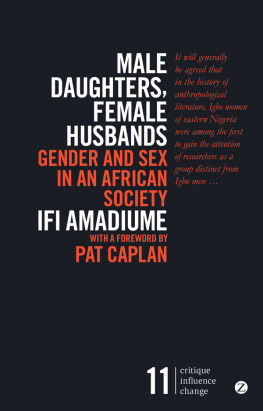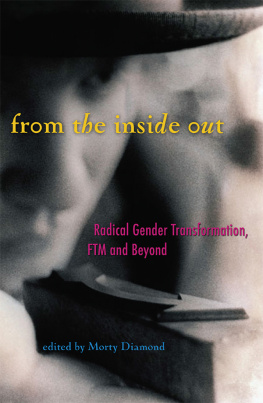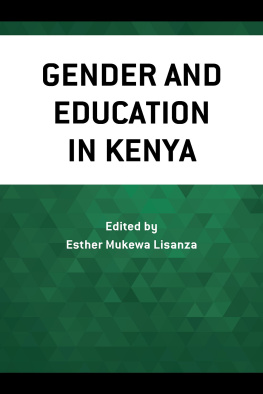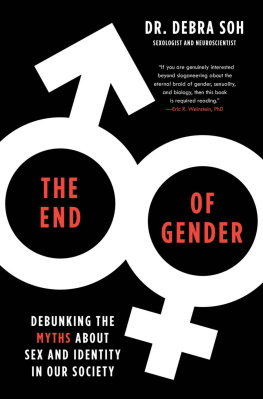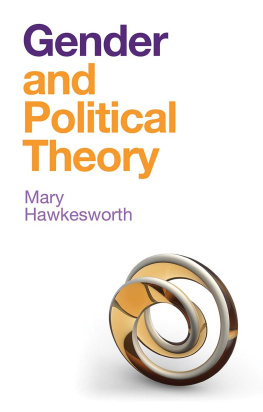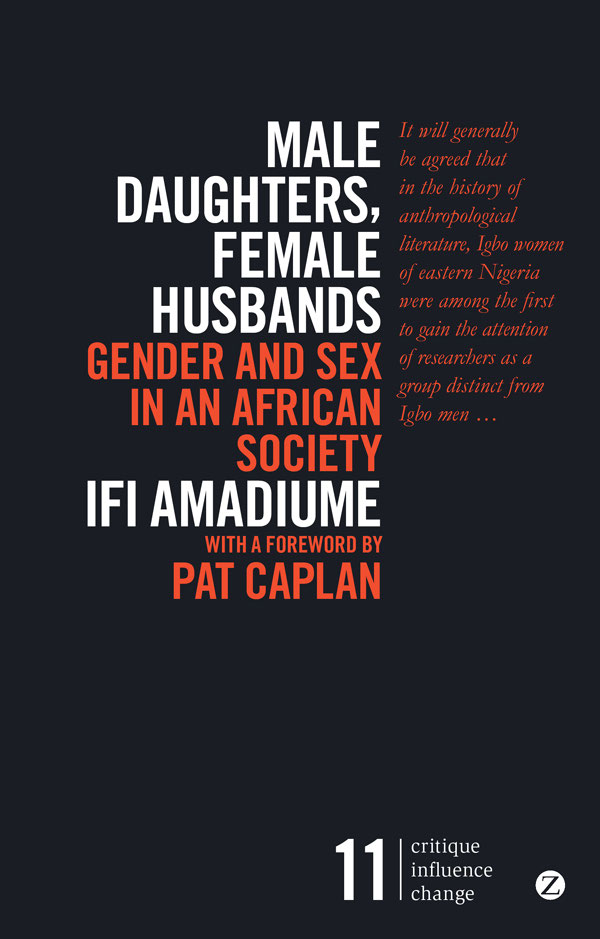

critique confronts the world. Without dogma, without new principles, it refuses to conform and instead demands insurrection of thought. It must be ruthless, unafraid of both its results and the powers it may come into conflict with. Critique takes the world, our world, as its object, so that we may develop new ways of making it.
influence is a step from critique towards the future, when effects begin to be felt, when the ground becomes unstable, when a movement ignites. These critiques of the state of our world have influenced a generation. They are crucial guides to change.
change is when the structures shift. The books in this series take critique as their starting point and as such have influenced both their respective disciplines and thought the world over. This series is born out of our conviction that change lies not in the novelty of the future but in the realization of the thoughts of the past.
These texts are not mere interpretations or reflections, but scientific, critical and impassioned analyses of our world. After all, the point is to change it.
TITLES IN THE CRITIQUE INFLUENCE CHANGE SERIES
Reclaiming Development
An Alternative Policy Manual
by Ha-Joon Chang and Ilene Grabel
Realizing Hope
Life Beyond Capitalism
by Michael Albert
Global Governance and the New Wars
The Merging of Development and Security
by Mark Duffield
Capitalism in the Age of Globalization
The Management of Contemporary Society
by Samir Amin
Ecofeminism
by Maria Mies and Vandana Shiva
Patriarchy and Accumulation on a World Scale
Women in the International Division of Labour
by Maria Mies
Grassroots Post-modernism
Remaking the Soil of Cultures
by Gustavo Esteva and Madhu Suri Prakash
Debating Cultural Hybridity
Multicultural Identities and the Politics of Anti-Racism
edited by Pnina Werbner and Tariq Modood
A Fundamental Fear
Eurocentrism and the Emergence of Islamism
by S. Sayyid
The Lords of Human Kind
European Attitudes to Other Cultures in the Imperial Age
by Victor Kiernan
Male Daughters, Female Husbands
Gender and Sex in an African Society
by Ifi Amadiume
Marxism and the Muslim World
by Maxime Rodinson
Planet Dialectics
Explorations in Environment and Development
by Wolfgang Sachs
Another World is Possible
Popular Alternatives to Globalization at the World Social Forum Edited by William Fisher and Thomas Ponniah
MORE CRITICAL PRAISE FOR MALE DAUGHTERS, FEMALE HUSBANDS
Required reading in a cross-cultural womens studies course A book well researched, clearly written, with a good bibliography, and efficiently produced one that can be depended upon to provoke lively discussion.
Male Daughters, Female Husbands: Choice Outstanding Academic Book of the Year 1989
Essential reading for anyone interested in fundamental thinking about the issues of gender and sex in pre-colonial societies.
Guardian, Nigeria
Ifi Amadiume, a Nigerian sociologist, has stepped out of the academic sidelines to tackle head on the issue of racist social anthropology.
Africa Events
This is a text that should be read widely and includes womens studies, social sciences and history. It will surely be an important statement in the catalogue of anti-colonialist historiography.
West Africa
Meticulously researched An extremely important contribution.
Africa
ABOUT THE AUTHOR
Ifi Amadiume is an award-winning Nigerian poet, anthropologist and essayist. She is associate professor at Dartmouth College in Hanover, New Hampshire, USA.
MALE
DAUGHTERS,
FEMALE
HUSBANDS
GENDER AND SEX
IN AN AFRICAN
SOCIETY
IFI AMADIUME
WITH A FOREWORD BY
PAT CAPLAN
Zed Books
London
Male Daughters, Female Husbands: Gender and Sex in an African Society was first published in 1987 by Zed Books Ltd, 7 Cynthia Street, London N1 9JF, UK
This edition was first published in 2015
www.zedbooks.co.uk
Copyright Ifi Amadiume, 1987, 2015
Foreword Pat Caplan, 2015
The right of Ifi Amadiume to be identified as the author of this work has been asserted by her in accordance with the Copyright, Designs and Patents Act, 1988
Original edition typeset by by EMS Photosetters, Rochford, Essex
Cover designed by www.alice-marwick.co.uk
All rights reserved. No part of this publication may be reproduced, stored in a retrieval system or transmitted in any form or by any means, electronic, mechanical, photocopying or otherwise, without the prior permission of Zed Books Ltd.
A catalogue record for this book is available from the British Library
ISBN 978-1-78360-332-9 pb
ISBN 978-1-78360-333-6 pdf
ISBN 978-1-78360-334-3 epub
ISBN 978-1-78360-335-0 mobi
Contents
Foreword
Pat Caplan
Ifi Amadiumes study of gender and sex in her hometown of Nnobi broke new ground when it was first published in 1987. Up to that point, there were virtually no studies of African women by an African woman. This alone would have made the book significant, but Amadiumes careful historical and ethnographic research, carried out in the early 1980s, led to the production of an excellent ethnography. More importantly, the book offered a new insight and understanding into the nature of sex and gender in an African society, since Amadiume demonstrates convincingly that among the Igbo of the town of Nnobi in eastern Nigeria gender was, at least in the pre-colonial period, not always tied to biological sex, that women could be husbands as well as wives, and that many political roles were ascribed to both sexes.
In the second section of the book, Amadiume considers the impact of colonial rule and conversion to Christianity. Both colonial rulers and missionaries found the existing systems they encountered baffling and sometimes abhorrent. They compared Igbo practices with their own, to the detriment of the former, and even outlawed some customary practices. As a result women in areas like Nnobi lost much of their former power, as reflected for example in titles they could hold, while the ability of an older woman to marry wives whose labour she could command was curtailed. Women were increasingly domesticated and rendered invisible, a situation exacerbated by the increasing importance of the cash economy, which was largely dominated by men.
In the third section, Amadiume considers the post-colonial period, which has seen an increase in what the author terms womens new poverty and mens new wealth. But women have not passively accepted this situation and Amadiume sees grounds for the potential for change, in spite of the prevalence of male dominance among the post-independence rulers of Nigeria. Indeed, in her final section, she makes a number of practical suggestions about ways in which women could once again take their rightful place in both political and economic systems.
Over many years of teaching courses on the anthropology of gender and on feminist theory, I always had Amadiumes book on my reading lists, for a number of reasons. One was that it enabled students to think about gender in a way which was different, whether they were westerners or overseas students. Another was that it enabled gender concepts to be explored in so many different ways: ideology and religion, language, politics and economics.

